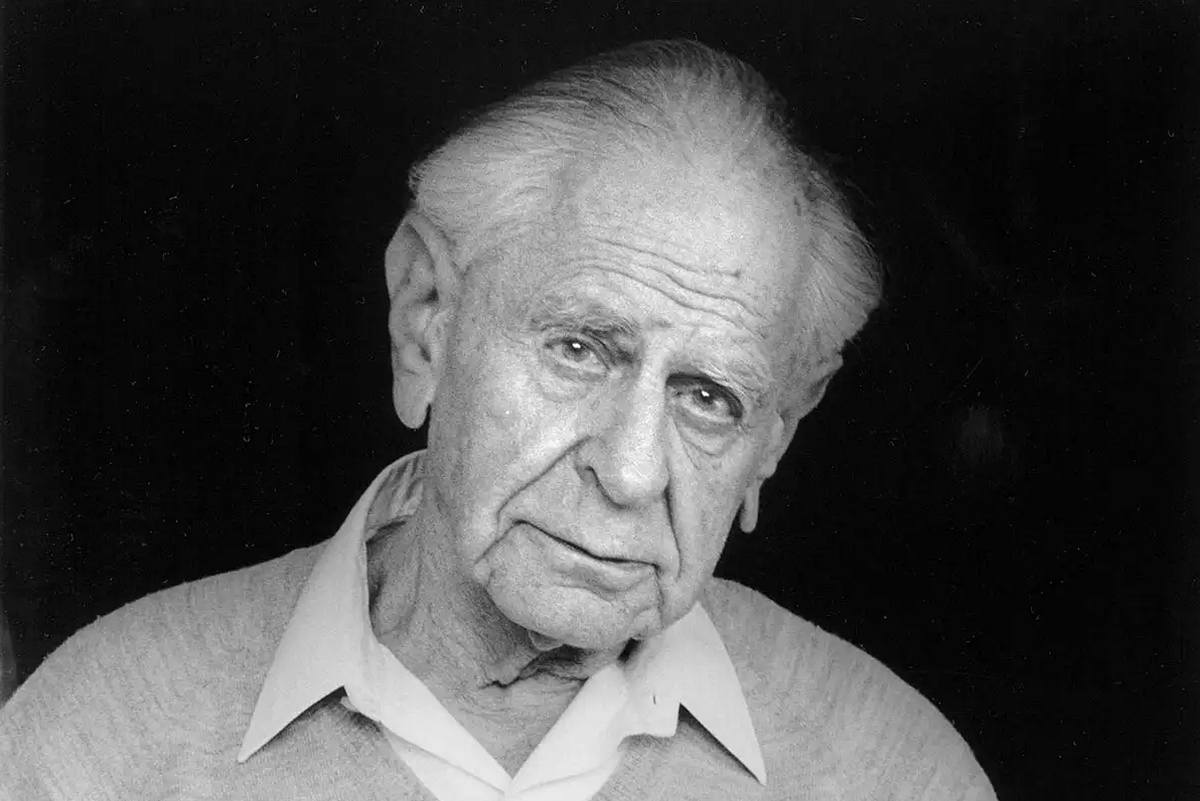
"Instead, they enter to show that they don't need to be. You can hear it in how people with conviction build their case. They take a broad topic and zoom in until only a small part is emphasized. That part becomes the whole argument, which to them, feels very clear. That's why conviction feels like clarity. It's not a wide view, it's actually very narrow."
"Questions feel phrased like traps. Answers are scored like confessionals. Statement are weighed for moral correctness before they're considered for meaning. There is little desire to 'abstract' or take a broader view of a topic. That's how tolerance turns into 'armor'. It wears the language of inclusion but moves like a defense strategy. It's not there to protect dialogue (or friendship... or relationships) it's there to protect the person's identity."
Tolerance should function as a civic safeguard protecting disagreement so reason can do its work. Many people who label themselves tolerant actually enforce strict moral boundaries and stop listening once convictions appear. Conversations become narrowed, with topics zoomed into single emphasized points that feel like clarity. Questions feel like traps, answers are treated as confessions, and statements are judged for moral correctness rather than explored for meaning. That defensive posture uses inclusiveness as language but serves to protect identity, leaving little room for genuine curiosity, broader perspective-taking, or sustained rational exchange.
Read at Medium
Unable to calculate read time
Collection
[
|
...
]